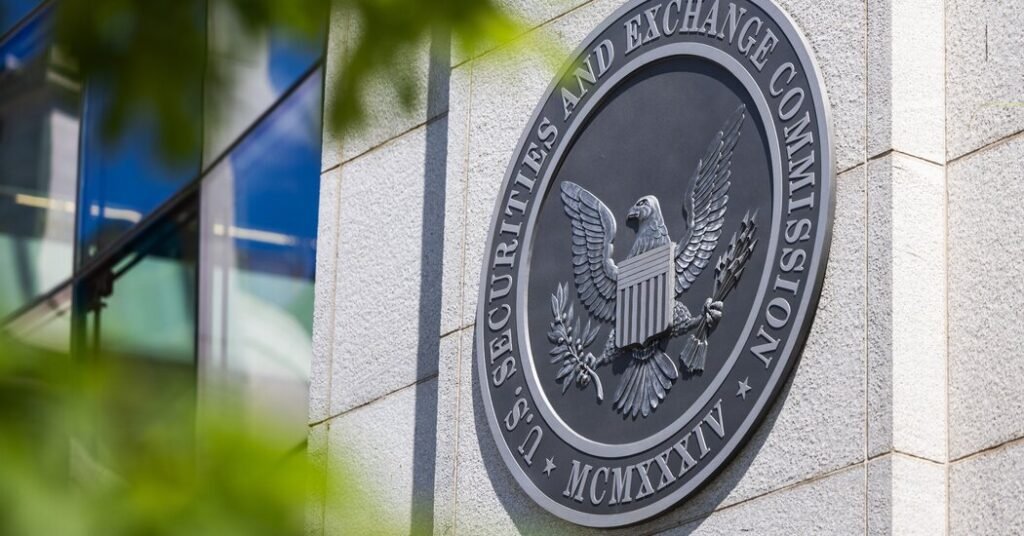A federal appellate courtroom on Wednesday struck down a Securities and Change Fee rule meant to offer buyers in hedge funds, non-public fairness funds and enterprise capital corporations with extra details about charges and bills.
The unanimous determination from the U.S. Court docket of Appeals for the Fifth Circuit in New Orleans sided with a gaggle of associations representing the non-public fund trade in ruling that the S.E.C. exceeded its authority with the rule, which was enacted in August.
In its determination, the appeals courtroom agreed with their argument, saying that the regulator had overstepped with its rule, which was based mostly on a legislation meant to guard on a regular basis buyers, who usually put money into mutual funds and different public securities, reasonably than buyers in hedge fund and personal fairness corporations.
The S.E.C. stated in an announcement that it was reviewing the choice and would “ decide subsequent steps as applicable.”
Hedge funds, non-public fairness corporations and enterprise capital corporations handle about $27 trillion in buyer property for pension funds, universities, charitable teams and rich people. A few decade in the past, massive funding funds had been required to register with the S.E.C. and topic themselves to primary regulatory oversight.
The S.E.C.’s August rule created new necessities of personal fund managers — to offer buyers with quarterly disclosures about charges and bills and to deal with all buyers in a fund equally, irrespective of how large the investor was. The S.E.C. stated the purpose was to convey extra uniformity to the knowledge non-public funds present to buyers.
The S.E.C. chair, Gary Gensler, stated on the time that the rule would promote larger transparency and competitors within the non-public fund trade. The S.E.C. adopted the rule in a 3-2 vote, with all Democratic commissioners in favor and Republican commissioners opposing.
Personal fund managers objected to the rule and stated the quarterly disclosures, particularly, would enhance working prices. A gaggle of associations representing the non-public fund trade instantly filed a lawsuit difficult the rule.
The appeals courtroom ruling drew criticism from advocates of larger transparency in monetary markets.
“Whereas the federal securities legal guidelines had been created to make sure buyers had been supplied with important info, the courtroom is saying the S.E.C. can’t try this for buyers in non-public funds,” stated Tyler Gellasch, president of Wholesome Markets Affiliation.
The ruling might set the stage for different authorized challenges from the non-public fund enterprise.
“The courtroom affirmed that the S.E.C. can’t develop its authority past what Congress meant,” stated Bryan Corbett, president of the Managed Funds Affiliation, one of many trade teams that introduced the lawsuit. “Sadly, this is only one occasion of S.E.C.”
The Fifth Circuit has change into among the many extra conservative federal appellate benches within the nation. Due to its business-friendly nature, trade teams more and more have introduced lawsuits difficult rules in federal courts in Texas and Louisiana within the hope of getting a listening to earlier than the appellate courtroom. The three judges on the appellate panel had been all appointed by Republican presidents.
